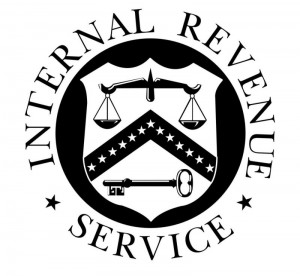In the first installment of what we intend to be an ongoing series profiling the tax troubles of the stars and other famous folk, we start with the most famous tax evader of them all.
Alphonse Gabriel “Al” Capone was one of the original American gangsters who rose to power during the 1920’s. Capone was not only recognized for his brutality and willingness to take lives, but also his keen business sense and extreme secrecy in managing his organization. In his rise to power, Capone consolidated much of the gambling, prostitution, liquor, and extortion rackets in Chicago and brought them under his control. He spent tens of millions of dollars on bribes to politicians, prosecutors, police officers, and other city officials. These tactics kept Capone from serving significant jail time, despite being a suspect for numerous murders during his reign.
An extremely cautious man, Capone dealt strictly in cash and kept his business dealings secret. Despite bringing in an estimated $100 million through his various business ventures in 1927, Capone never had a bank account. During their extensive investigation the Treasury Department only found one instance where Capone endorsed a check. In a raid of one of Capone’s gambling establishments, the Treasury Department found a book record showing net profits of $300,000 for 1924, $117,000 for 1925, and $170,000 for the first four months of 1926. During their investigation, Treasury also found a cashier’s check from 1927 amounting to $2,500 endorsed by Al Capone for the profits of the gambling establishment. Treasury used this evidence along with the testimony of one of Capone’s bookkeepers, and other employees testifying to various Capone wire transfers, to show that Capone had several hundred thousand dollars in unreported income.
On June 16, 1931, Al Capone pled guilty to tax evasion and prohibition charges. Much to his lawyer’s dismay, Capone boasted to the press that he struck a deal for a two-and-a-half year prison sentence. However, the presiding judge informed Capone that he was not bound by any deal. Capone changed his plea to not guilty and was convicted on November 24, 1931, sentenced to 11 years in federal prison, fined $50,000 and charged $215,000 in back taxes, plus interest due.
The publicity of Capone’s case caused criminals and legitimate citizens alike to take note and begin to pay the IRS for back taxes. In 1931, more than $1 million in unpaid tax filings were submitted, double the amount of the prior year.
Capone didn’t catch any breaks after his conviction. He contracted syphilis and suffered brain damage and insanity from the infection. Before his death in 1947, doctors concluded that he had the mental capacity of a 12-year-old child.


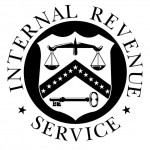
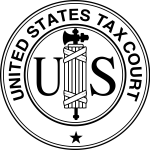


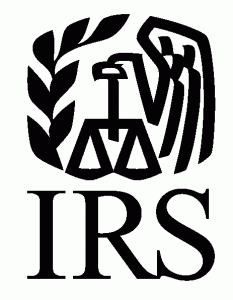
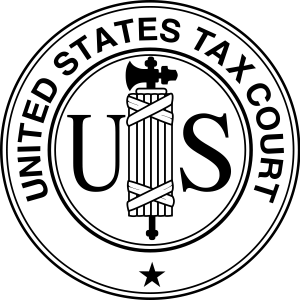 Facing a deadline to file a petition to challenge your Statutory Notice of Deficiency or seek a Redetermination of Collection Due Process Hearing while the federal government is shut down?
Facing a deadline to file a petition to challenge your Statutory Notice of Deficiency or seek a Redetermination of Collection Due Process Hearing while the federal government is shut down?
